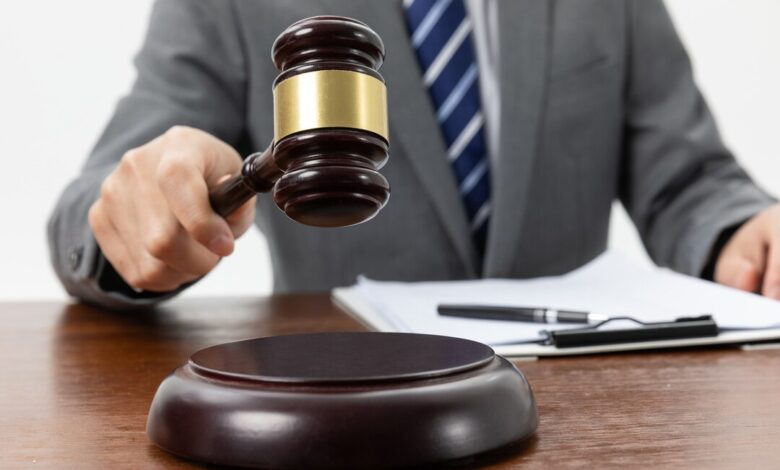High Court Rules Former Lesotho Electricity Corporation Board Members Lacked Standing to Challenge Dismissal Procedures

The High Court of Lesotho has ruled that former Board members of the Lesotho Electricity Corporation (LEC) lacked the legal standing to challenge their dismissal based on the shareholder’s alleged non-compliance with Section 50 of the Companies Act. In its judgment, the court clarified the scope of a shareholder’s rights and obligations regarding the removal of directors.
The court emphasized that where a company has a sole shareholder, that shareholder has the inherent right to pass a resolution to remove directors without adhering to the procedural requirements outlined in Section 50 of the Companies Act. This includes dispensing with the need to request or convene a special meeting, as such formalities are redundant in the context of a single shareholder. The judgment further noted that the shareholder does not require the assistance of the Board to call a meeting or make decisions regarding director removal.
“The section 50 procedure for calling a meeting is out of place. What is necessary is that the directors should be given notice of the intended removal and make representations to the shareholder if they so wish,” the court explained. This notice, according to the judgment, ensures that directors have an opportunity to voice their concerns or defend their position before the shareholder makes a final decision.
The court underscored the proprietary nature of a shareholder’s right to remove directors, asserting that this right cannot be challenged on grounds of bad faith or alleged harm to the company’s interests. It stated that the shareholder’s decision is an expression of ownership and cannot be frustrated by the Board.
Additionally, the court held that a shareholder’s right to call a special meeting is inherent in the ownership of shares. This right, it ruled, cannot be obstructed or contested by directors or any other party.
The judgment provides clarity on the balance of power between shareholders and directors, affirming the primacy of shareholder rights in corporate governance, particularly in situations involving a sole shareholder. It also reaffirms that the removal of directors is a fundamental aspect of the proprietary rights attached to share ownership.
Join 'Lesotho News' WhatsApp Channel
Get breaking Lesotho news — delivered directly to your WhatsApp.
CLICK HERE TO JOIN



